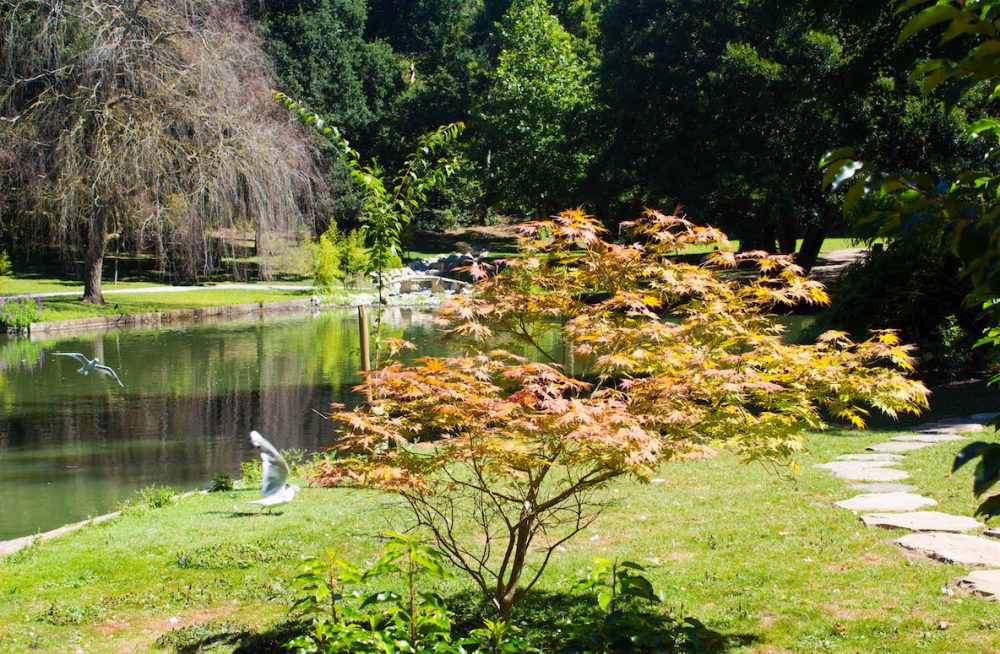As counsellors we are sometimes accused of focusing too much on feelings but how we feel about our bodies influence how we take care of this precious gift. I recently watched a documentary on wounded ex soldiers trekking to the North Pole and was reminded of what our bodies can do. I discuss this in my book An A-Z for your life.
How do we nourish our bodies? How do we decide what to eat and drink and what to say “no!” to? For some it is all about taste.
You may eat the foods you were raised on, replicating recipes from your parents. I do a bit of this but I now live in a different part of the world, in a different time and a different household. Plus with increased indoor living, stress, technology, pollution, central heating and ageing my bodily needs must now be different.
How do I optimise what I feed my body? Is it a combination of taste and heritage? The health guidelines recommend 5 portions of fruit and vegetables, plenty of water and not too much alcohol, caffeine or fizzy drinks. My diet is close to this but I have a few niggling health issues that have no medical solution. I am convinced that fine-tuning what I eat and don’t eat is the answer. Diets tend to be about slimming and I have never really dieted.
I have been thinking of making some changes to what I eat to see if it improves my health concerns. Some months ago a friend loaned me a book about eating for your blood type and I find the arguments very convincing. It seems to be scientific and by relating to specific blood types I can be sure that it takes my body chemistry into account. This feels much safer than just choosing something that is in vogue but based on different body types, or genetic background than my own. Apparently, our blood type go back further in our ancestry, and is a more useful key to our optimum diet than race or current environment. Alongside this I’ve been reading up on green smoothies and raw food. Incredibly these are compatible and imply some overall truth.
Having read the book on blood type I am very keen to try tweaking my diet towards the optimum for my blood type. I don’t claim to understand all the science behind it but I do know that some foods are more easily digested than others. I am not yet ready to give up meat but I do love fish and vegetables so these can be part of the majority of meals. Probably the biggest difference is being able to be more specific about the fruits that are best for me, and those that are not as good. A few of my favourites will be shelved whilst I try this out. It’s my first attempt to follow some sort of diet and feels like a big commitment to trust my body’s nourishment to this approach. A wide range of foods are included: – carb, veg, fruit, fish, greens, red wine – so this is not particularly difficult. If I link my reading on green smoothies and raw living this is not so much a change of what is eaten but how it is prepared. What will be cooked, juiced or blended? It is less about menu and more about recipe.
As a holistic practitioner I am intrigued that it also targets the most suitable exercises for different blood types. It suggests, for example, that those with blood type O would benefit from eating lots of meat and undertaking high energy exercises whilst for those with blood type A, being vegetarian and practicing gentler and more meditative exercises such as Tai Chi and Pilates are likely to be beneficial.
So how do you nourish your body? We are all making these decisions everyday. Does it depend on taste, family background, cost, convenience or public health information?

